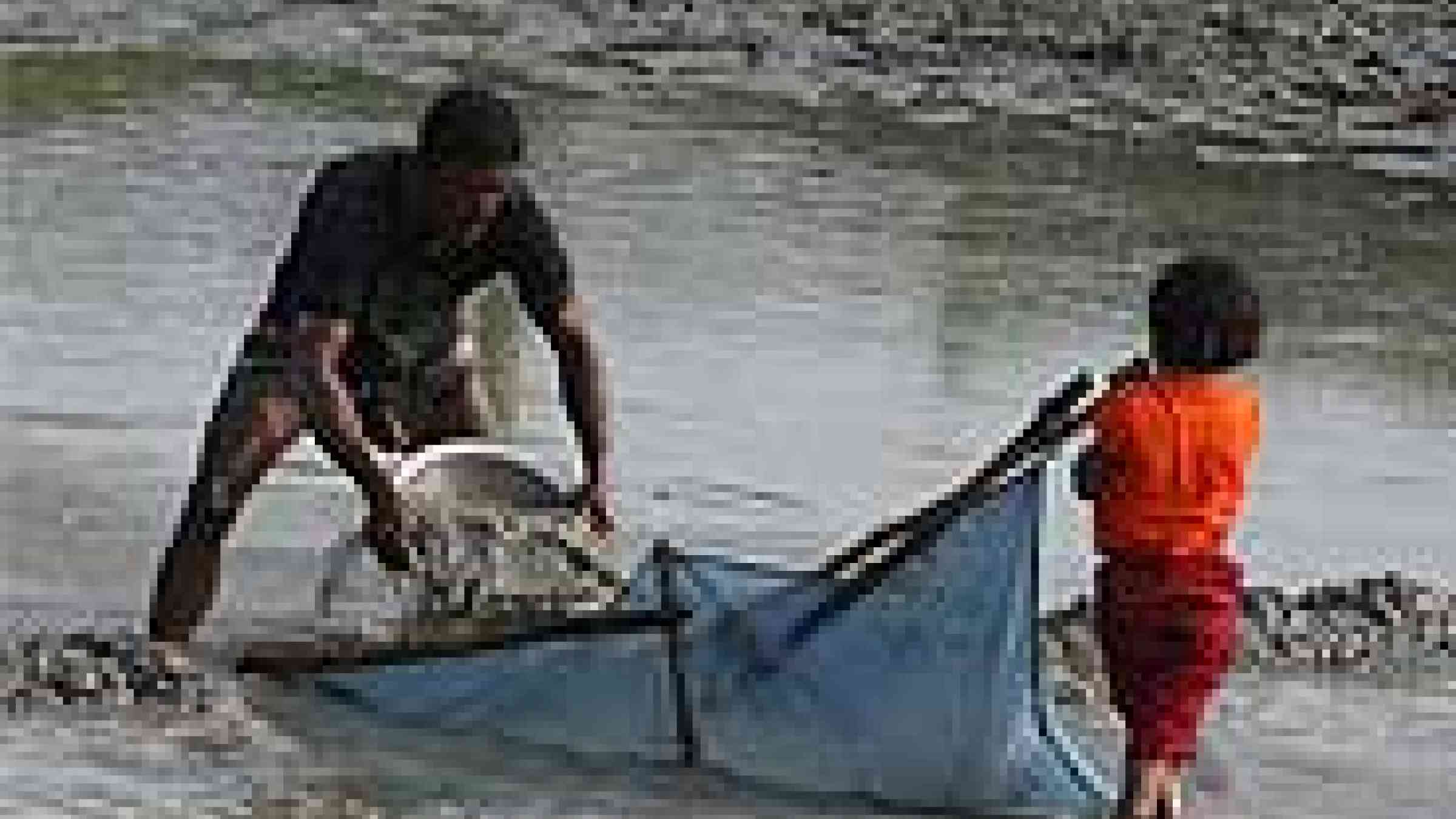Bangladesh hosts international conference on climate-change adaptation

Experts from around the world will meet in Bangladesh this month to identify ways poor communities can adapt to the inevitable impacts of climate change.
The Third International Conference of Community Based Adaptaion to Climate Change (on 18-24 February in Dhaka ) will show that many options for reducing vulnerability to climate change already exist.
It will bring together more than 100 scientists, development workers, disaster specialists and policymakers to share information on impacts of climate change — and ways to adapt to them — in sectors as diverse as water, agriculture, biodiversity, human health, infrastructure, coastal zones and cities.
"Adaptation is urgent as the impacts of climate change are already being felt in many places," says Dr Saleemul Huq, senior fellow in the climate change group at the International Institute for Environment and Development. "Adaptation can help build resilience to change but the challenge is knowing what strategies work and then implementing them in diverse settings around the world."
"Policymakers have failed to grasp the scale of the challenge and financial flows to support adaptation are grossly inadequate," says Huq. "The result is that millions of vulnerable people risk being left behind as climate change takes hold."
The conference is being organised by th